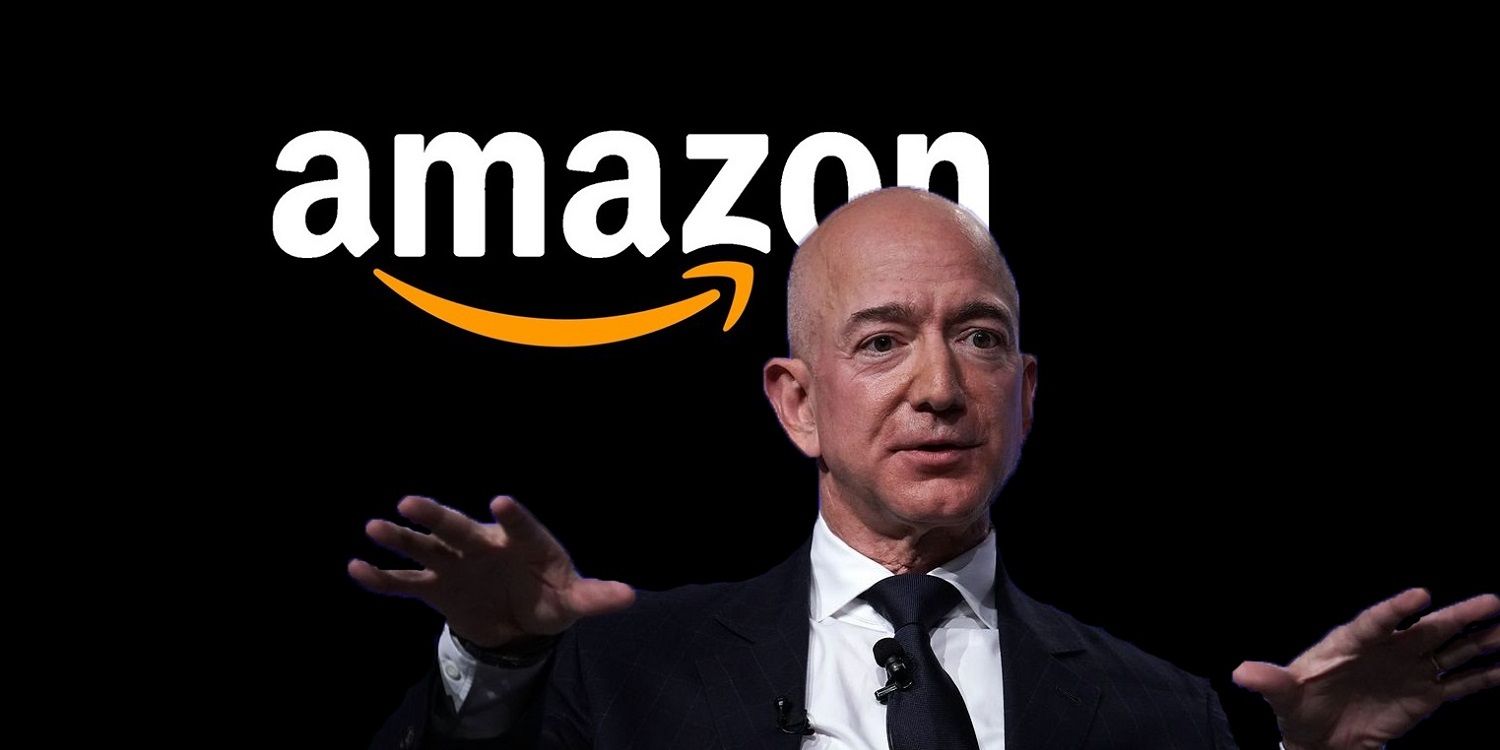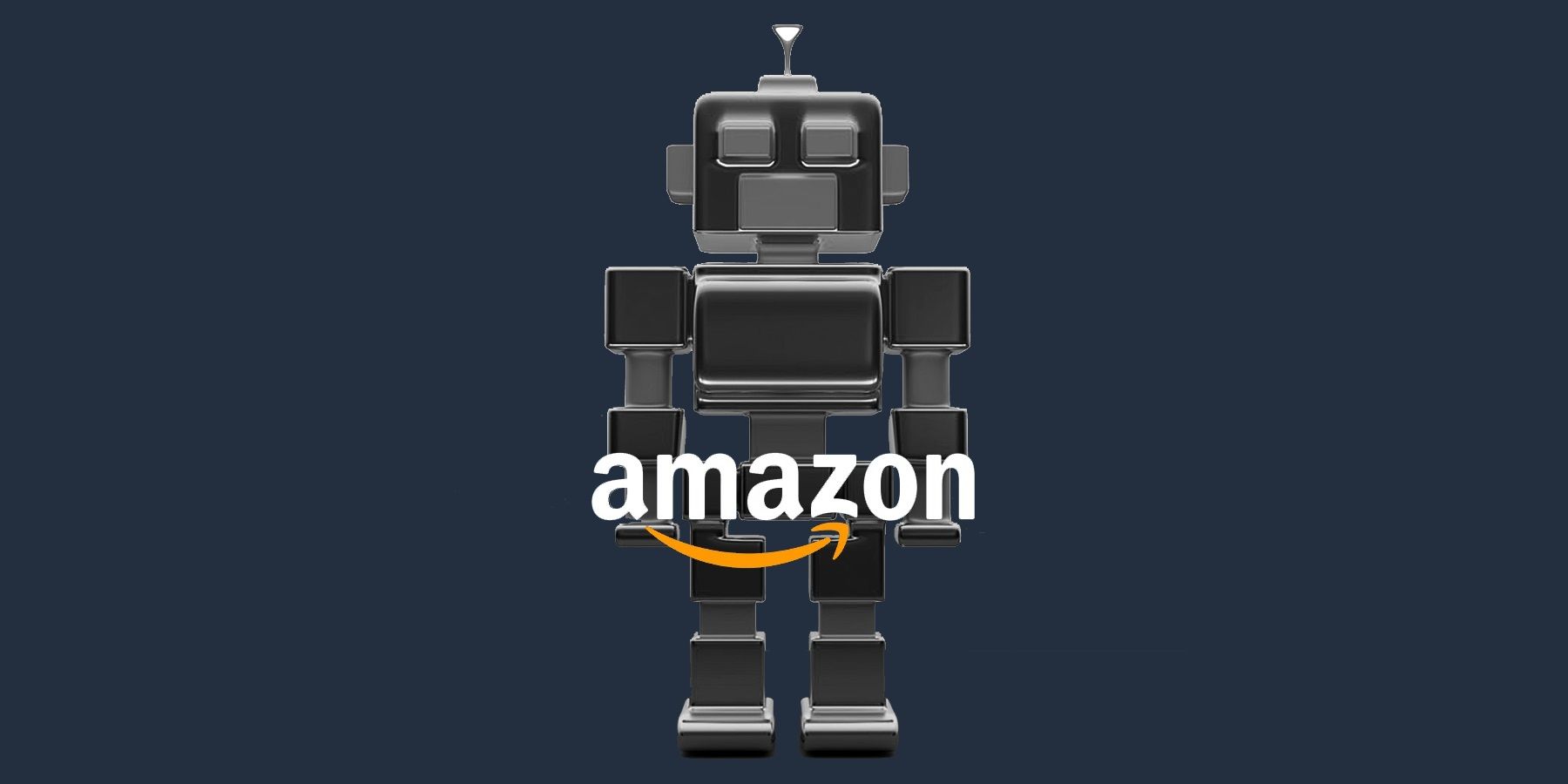In the recent Congressional hearing on antitrust law, the CEOs of four major tech companies - Amazon, Apple, Facebook and Google - were each challenged to explain business practices that may suppress market competition. While the hearing lasted over five hours, and covered a wide range of topics, it mostly stayed close to concerns that have been raised before. One of which was whether Amazon was using third-party seller data in an anti-competitive way. Here's an explanation on why Amazon has been accused of exploiting third-party sellers to aid its own private brands, and why it matters if the claims are true.
A large portion of the products for sale on Amazon are actually sold by third-party businesses and, in some cases, individuals. Amazon's Seller Central platform allows these sellers to list products for sale to Amazon's customers, while isolating the customer from the seller. While this is beneficial and protective of the customer, it can often be a source of difficulty for the seller. In the recent antitrust hearing, Amazon CEO, Jeff Bezos stated that third-party sellers account for 60 percent of amazon.com sales. This not only highlights the contribution sellers make to Amazon, but also that a large number of sellers depend on Amazon's ecosystem for survival.
The primary concern with Amazon in regards to antitrust law is that the company might be using third-party sales data to compete with those sellers. Amazon sells its own products and are often in direct competition with other sellers on amazon.com. While 'Amazon Basics' is more of a known Amazon brand, there are several other brands that are less clearly identified as belonging to Amazon. At the Congressional hearing, which was covered by C-SPAN and includes a searchable transcript with syncronized video excerpts, members of the House Judiciary Subcommittee asked Bezos several questions relating to Amazon's collection and use of third-party data.
Bezos Answers & Why It Matter?
When asked about whether Amazon uses third-party seller data to aid its private label products, Bezos clarified that Amazon policy is to use only aggregate data, not individual seller data, but could not guarantee that this policy was never violated. Even aggregates of private data that would not normally be accessible to any outside party, could give Amazon a huge advantage over third-party sellers. This is what has triggered concerns about what may be deemed anti-competitive behavior. For example, Amazon knows how fast and how many of a particular type of product sells, how much advertising was spent on the product, and how quickly it ships. But that isn't all.
Amazon also encourages third-party sellers to share even more data. The company offers a helpful tool to track profit, with fields for item cost and other expenses. In addition to a tool that reminds sellers to reorder, while asking for data about where it ships from and how long it takes between ordering and shipping. It isn't clear whether this is part of the aggregate data that Amazon has access to, but if so, it would provide a blueprint for taking control of that product category.
To the consumer, Amazon has made life much simpler by revolutionizing shopping. For retailers with physical stores, so-called 'brick and mortar' retailers, the fear is they may not be able to compete against Amazon. For Amazon third-party sellers, Amazon is both a blessing and a curse. As Bezos pointed out during the hearing, many third-party sellers are thriving, and while that might be true, is it enough to say the majority are unaffected by Amazon's private label brands? Furthermore, how long will those sellers continue without the enormous pressure of direct competition from Amazon?


